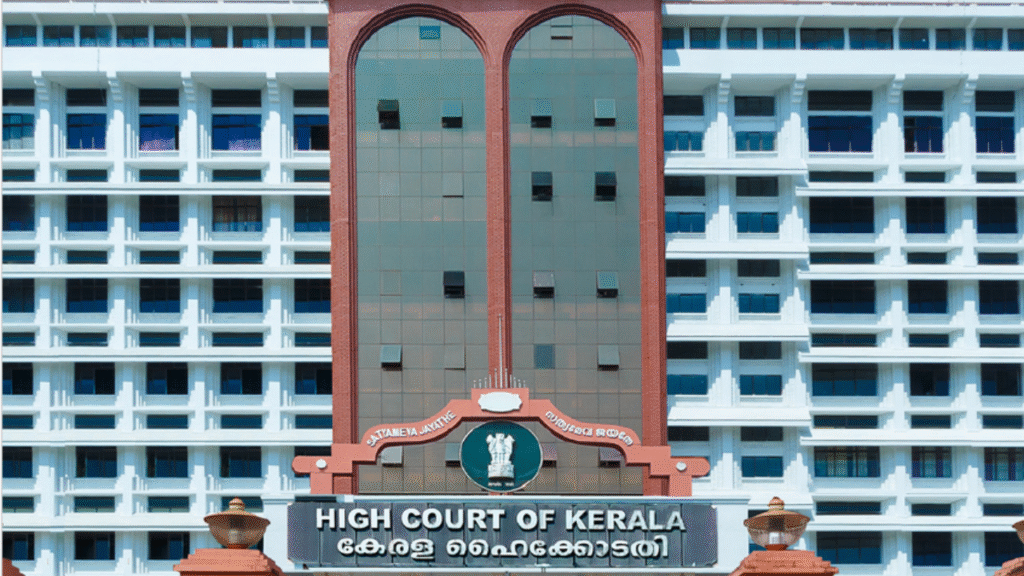Industrial Disputes Act, 1947 – Section 17B – Payment of full wages to workman pending proceedings in higher Courts – Interpretation of “employment” – Whether self-employment falls within the ambit of “employment” for denying benefits under Section 17B.
HIGH COURT OF KERALA
S. MANU, J.
I.A. No. 1/2024 in W.P.(C) No. 10576 of 2024; 18 July 2025
Facts:
The petitioner, a workman, was awarded reinstatement with continuity of service and 50% backwages by the Labour Court on March 7, 2022, following an unjustified and illegal denial of employment by the management.
The management did not comply with the award, leading the workman to file an application under Section 33C(2) of the Industrial Disputes Act, where the Labour Court held her entitled to recover Rs. 4,06,619/-.
The workman filed an interim application (I.A.) under Section 17B of the Industrial Disputes Act, seeking continued payment of wages during the pendency of the writ petition, claiming to be out of employment and without means of livelihood.
The writ petitioner management countered, asserting that the workman was running two profitable business establishments, “Marlin Wardrobe” and “Saga, The Craft People,” earning substantial profits, thereby disentitling her from Section 17B benefits. Documents like business licenses and pollution control board consent were produced to support this claim.
The workman, in her reply affidavit, admitted involvement in the businesses but claimed ‘Saga, The Craft People’ was a family concern and ‘Marlin’s Wardrobe’ was suffering losses and on the verge of closure, thus arguing insufficient personal income to deny the relief. Crucially, she had initially asserted in her affidavit that she was not employed anywhere and had no means of livelihood.
Issue:
Whether self-employment, particularly if adequately remunerating, constitutes “employment” under Section 17B of the Industrial Disputes Act, 1947, thereby allowing for the denial of interim wages to a workman.
Held:
The High Court held that the expression “employment” in Section 17B of the Industrial Disputes Act must be held to include self-employment. This interpretation draws support from the Supreme Court’s view in North-East Karnataka Road Transport Corporation v. M. Nagangouda [(2007) 10 SCC 765], where “gainful employment” was interpreted to include self-employment for the purpose of deciding back wages, in an analogous context.
The Court clarified that the self-employment must be adequately remunerating to warrant denial of Section 17B benefits. If the workman is earning sufficient income through self-employment, the direction under Section 17B, which is intended for subsistence and not recoverable by the employer, may not be required.
Applying this principle to the present case, the Court found that the petitioner-workman was generating adequate income from her business concerns, “definitely more than the last drawn wages,” and her contention that it was solely a family concern was not properly established.
The Court also noted with disapproval the workman’s conduct of initially suppressing her involvement in the business concerns in her affidavit seeking Section 17B benefits, asserting falsely that she had no means of livelihood. This failure to disclose relevant facts was deemed a suppression.
Considering the workman’s adequate income from self-employment and her suppression of material facts, the Court concluded that the application under Section 17B should be rejected. The proper course of action was deemed to be an early hearing of the main writ petition.
Application Dismissed.

